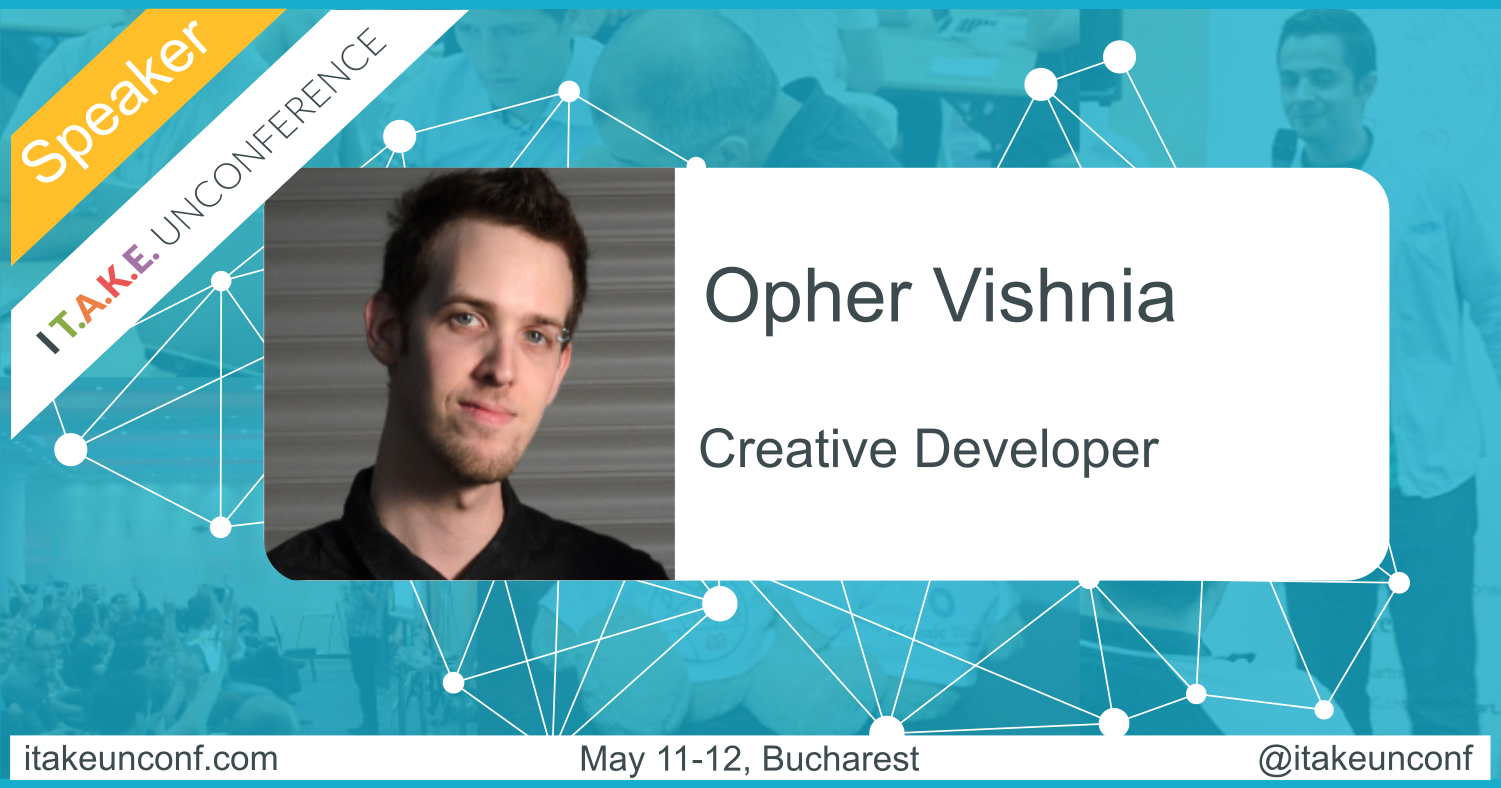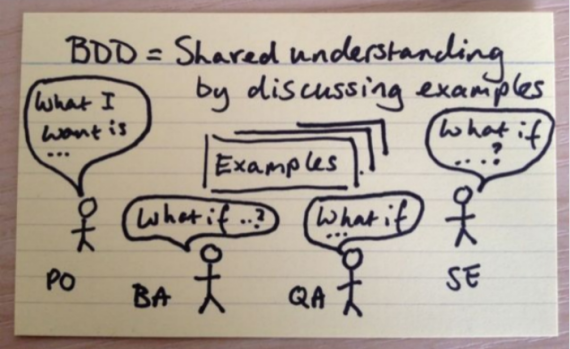Want to join Karina and ~300 software crafters from around Europe?
Register now for I T.A.K.E Unconference 2017!


Enjoy the following series of interviews with the speakers, top-notch software crafters from across Europe, joining I T.A.K.E Unconference, Bucharest, 11-12 May. Discover the lessons learned and what drives them to challenge the known path in their field.
Karina Popova, Head of Development at Link Mobility, as been working as DevOps Lead last 10 years. At #itakeunconf she will include in her talk a lot of real working IoT use cases and their potential impact of a combination IoT with AI.
The five most important thing for my growth includes:
1. Education, I have spent almost 20 years studying and it was a key point in my professional growth.
2. Travelling, meeting people with different culture and observing their solutions.
3. Reading, especially biographies, as history always repeats.
5. Attending IT events, to learn the basics of new technologies, keep track of trends and have an awesome deep conversations
Attendees will learn what is the potential impact of AI in the IoT sphere, what real IoT use cases with AI on top have been already implemented and how can we increase the quality of life with the AI+IoT.
Three most important sources for inspiration before my talk are the book “The Hitchhiker’s Guide to the Galaxy”, the movie “Bicentennial Man” and my Instagram.
Want to join Karina and ~300 software crafters from around Europe?
Register now for I T.A.K.E Unconference 2017!


Work is already well underway for next year’s unconference. Read on to learn more about what happens when, the confirmed keynote, call for speakers and new website.
We’ve created the first iteration of the plan for this year. In case you were wondering, here are the key milestones between now and the end of 2014:
As we announced in May, we already have confirmed one of the keynote speakers for 2015. Simon Brown is a renowned architect and trainer on agile architecture and author of Software Architecture for Developers. With a schedule as busy as his, we’re sure glad it matched our dates for next year’s I T.A.K.E Unconference.
We have opened the call for speakers. For next year we decided to keep the topics that you hold dear: architecture, design principles, TDD etc. and also add some new areas that are becoming more and more popular these days: mobile, big data, scaling architecture etc. Visit the page to learn more.
If you know somebody that has something valuable to share with our audience, we’d appreciate it if you shared the link for the call page.
We hope you enjoy the new website we’ve created. Based on your feedback during the past two years, we decided to come up with a new design that is accessible on all mobile devices. We’d like to thank our partners at Gorilla Studio for their effort and creativity with the new design.
We’re really excited for next year’s edition! So far things look great and we are committed to delivering the best edition yet to all our attendees. See you there?
***
Do you like the new website? Have any questions about the call for papers or the unconference? Let us know in the comments.
[newsletter-form]

Want to meet Opher, +30 international speakers and ~300 software crafters from around Europe?
Register now for I T.A.K.E Unconference 2017!

Thomas Sundberg is an independent consultant based in Stockholm, Sweden. He has a Masters degree in Computer Science from the Royal Institute of Technology, KTH, in Stockholm. Thomas has been working as a developer for more than 20 years and has developed an obsession for technical excellence. This translates to Software Craftsmanship, Clean Code and Test Automation.
Cucumber JVM is a tool that allows development teams to describe how software should behave in plain text. The text is written in a business-readable domain-specific language and serves as documentation, automated test and development-aid – all rolled into one format. Cucumber JVM enables the implementation of Behaviour Driven Development in an organization that uses JVM for development.
Enjoy his presentation @ I T.A.K.E. Unconference 2014 edition.
Check out more about I T.A.K.E. Unconference 2015 or see directly the Schedule.